Roughly 70% of neon produced in the world is used in semiconductor chip manufacturing, and supply chain issues might cause big disruptions.
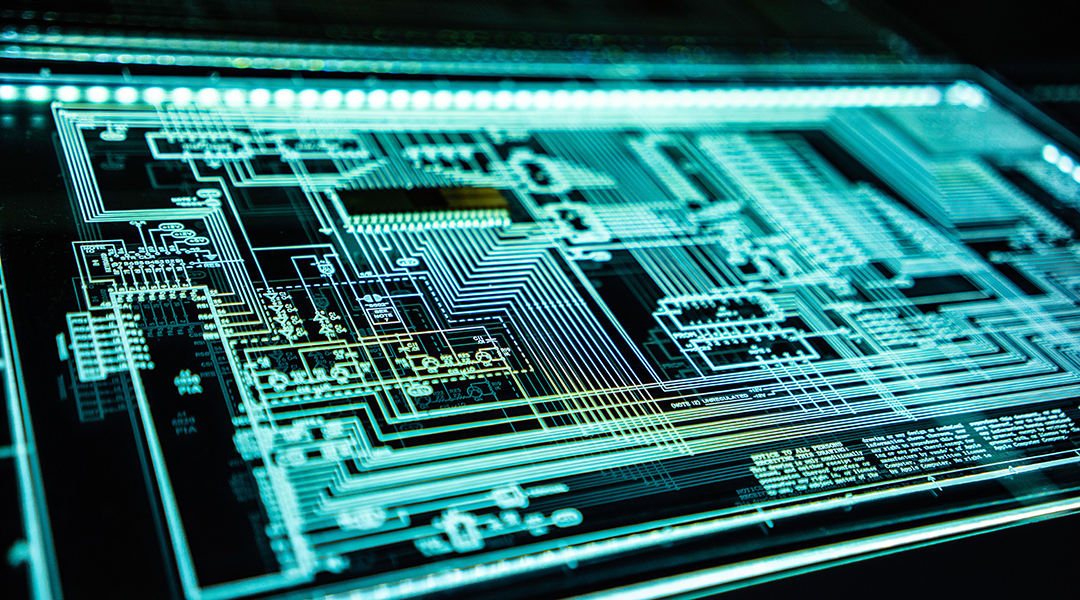

Roughly 70% of neon produced in the world is used in semiconductor chip manufacturing, and supply chain issues might cause big disruptions.

By changing the blood type in a set of donor lungs, researchers hope to one day create universal donor organs.
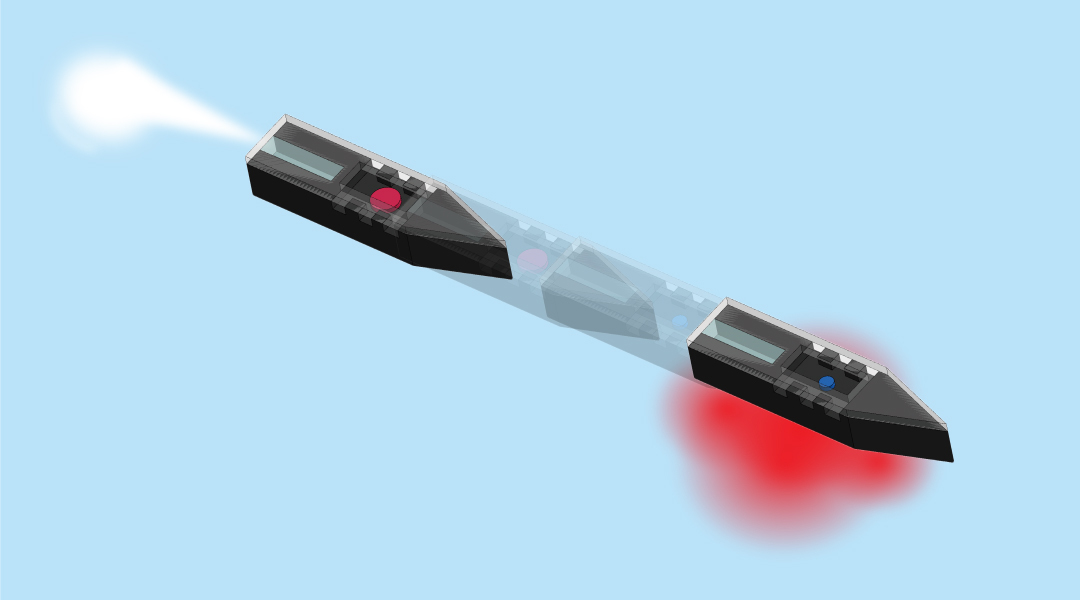
Using stimuli-responsive hydrogels with regularly arranged colloidal particles, researchers create color-changing microrobots that can freely explore and gather information.
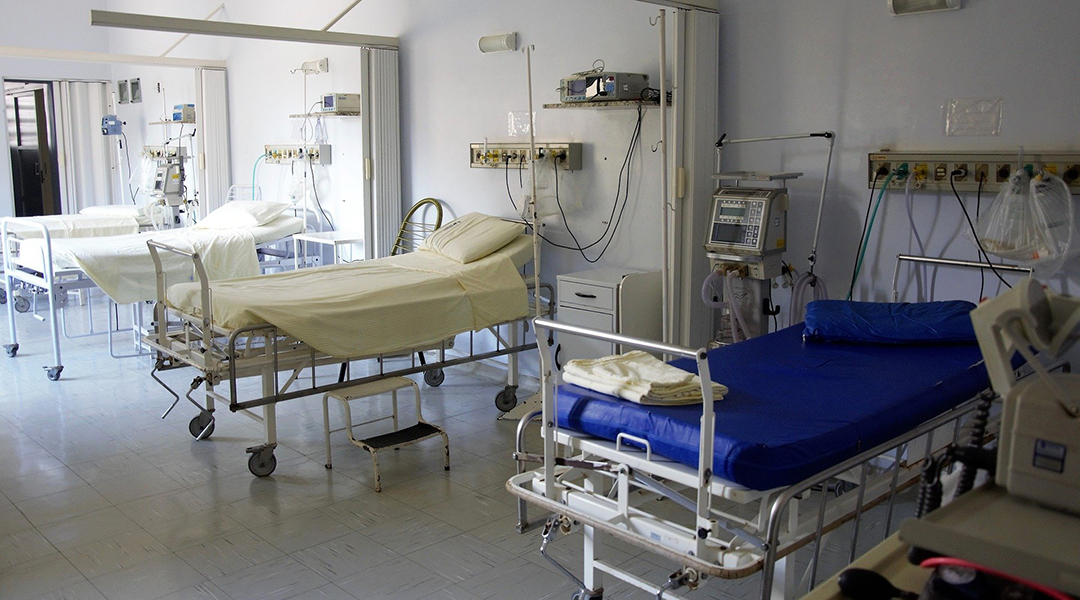
A non-invasive means of monitoring intra-abdominal pressure using a wireless radar system could save lives in the ICU.

Through a happy accident, researchers have identified a new self-repairing electronic material that could make sci-fi dreams a reality.
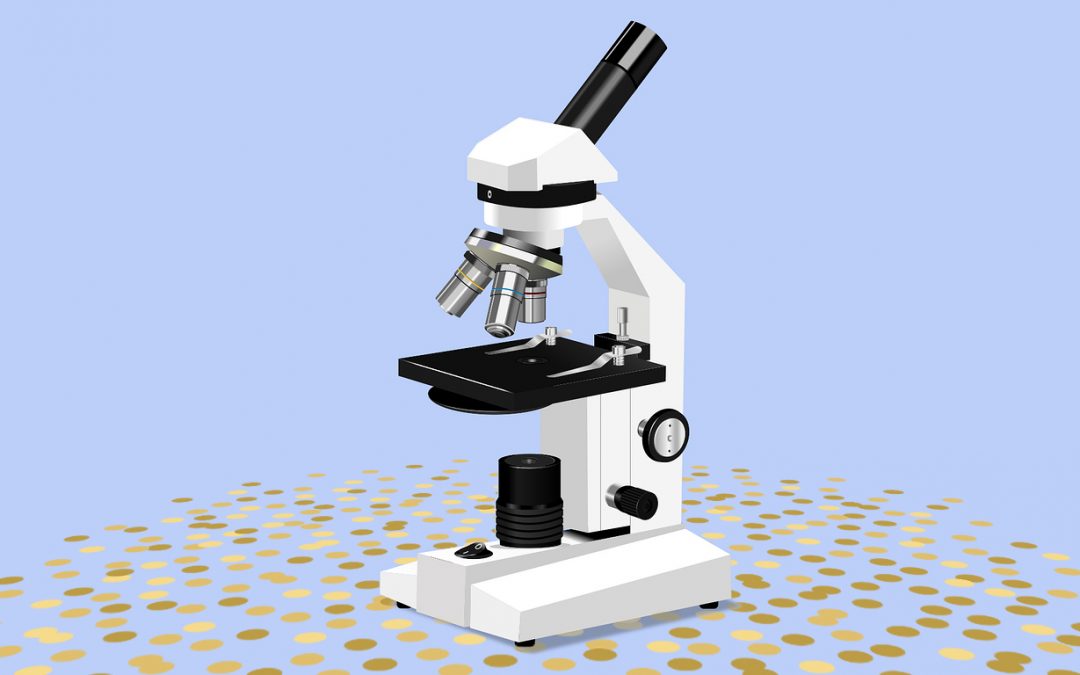
Catch up on some of the most exciting and impactful developments in science from this year, published on ASN and selected by our editors.
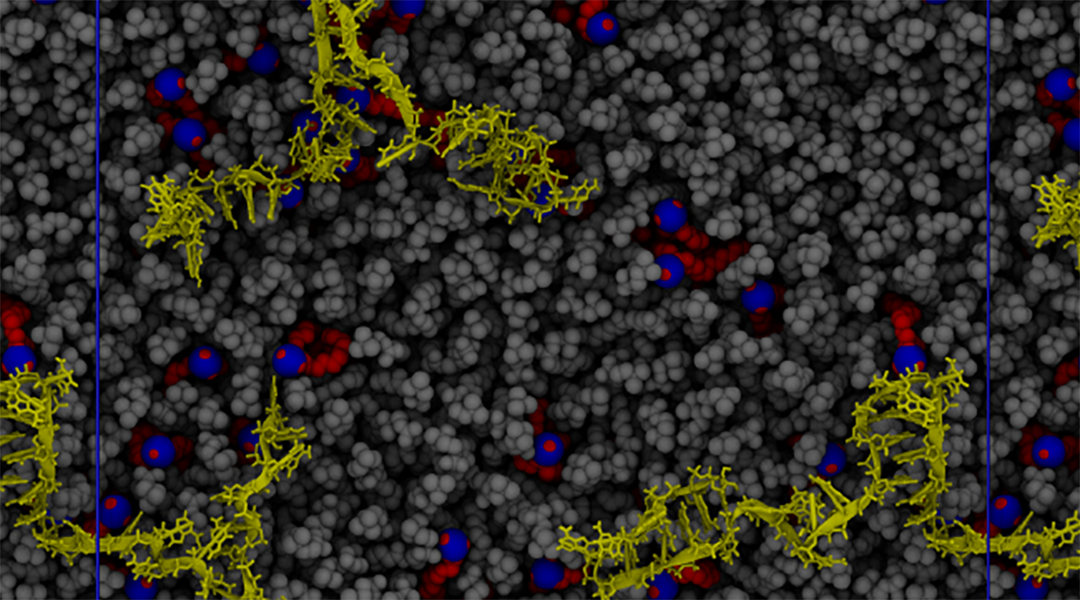
Molecular dynamics offer ways to improve lipid-based therapeutic delivery systems.
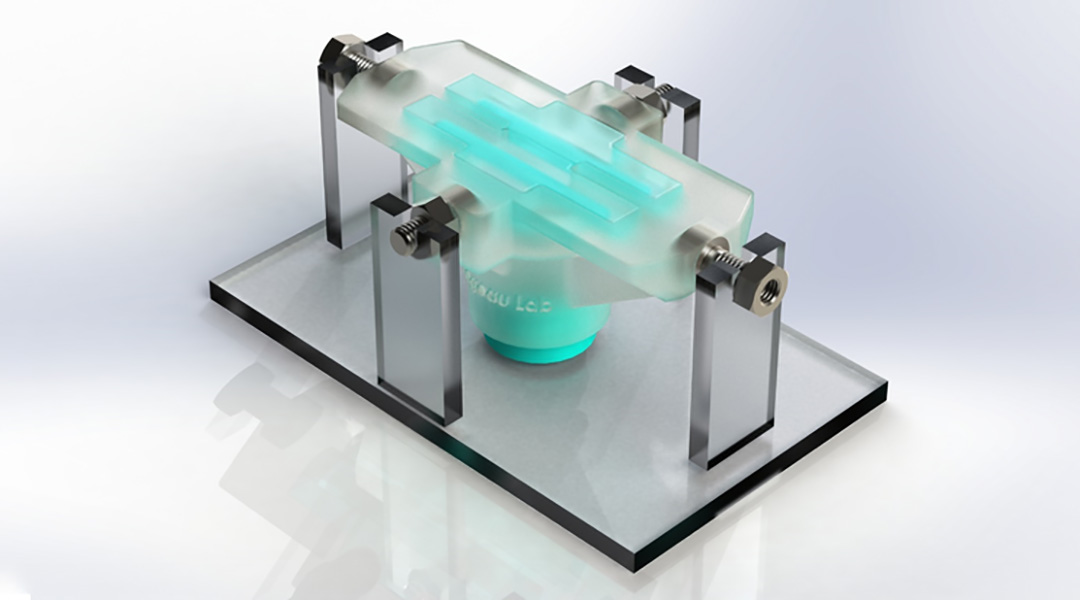
A new hydrogel supports living cells and can withstand dynamic environments to help repair tissue in the heart, muscles, and vocal cords.

Regions of spacetime where gravity is so strong that nothing, not even light, can escape!
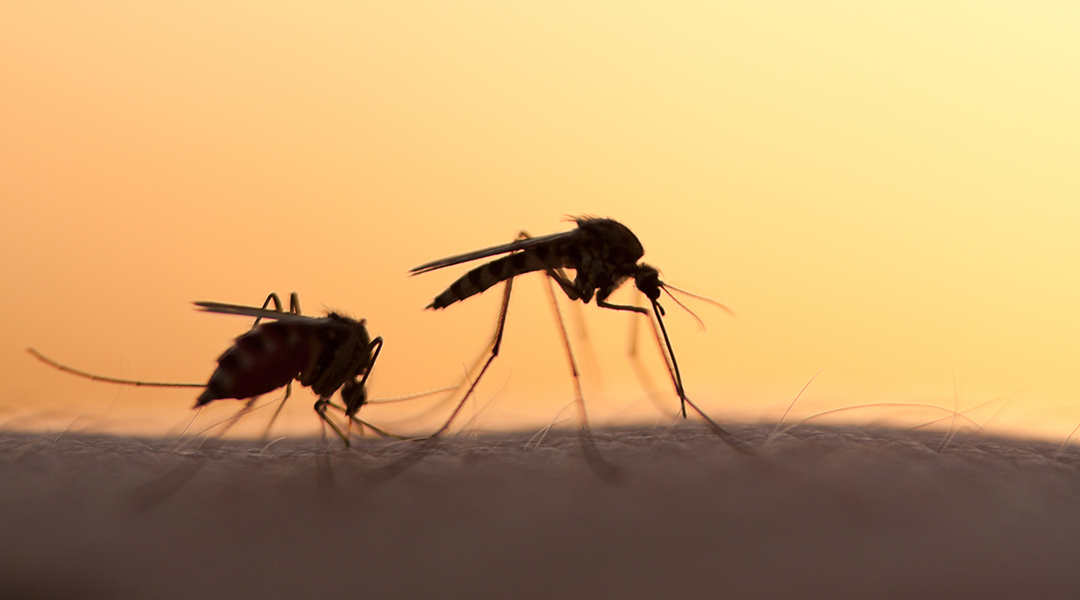
Antibody therapies and new vaccines have been added to the arsenal, giving hope to the millions who live where malaria is endemic.